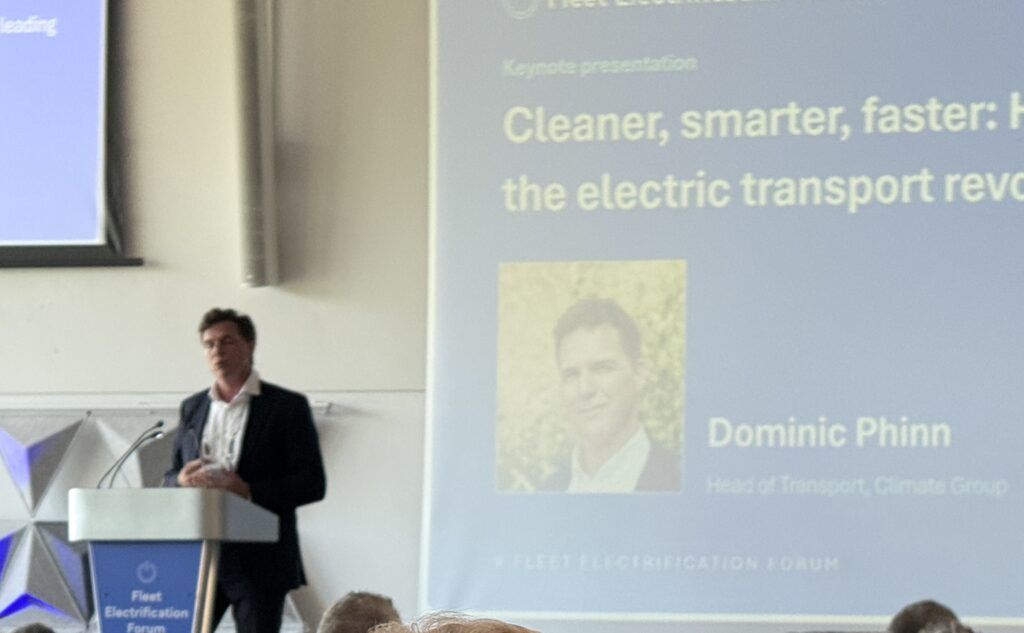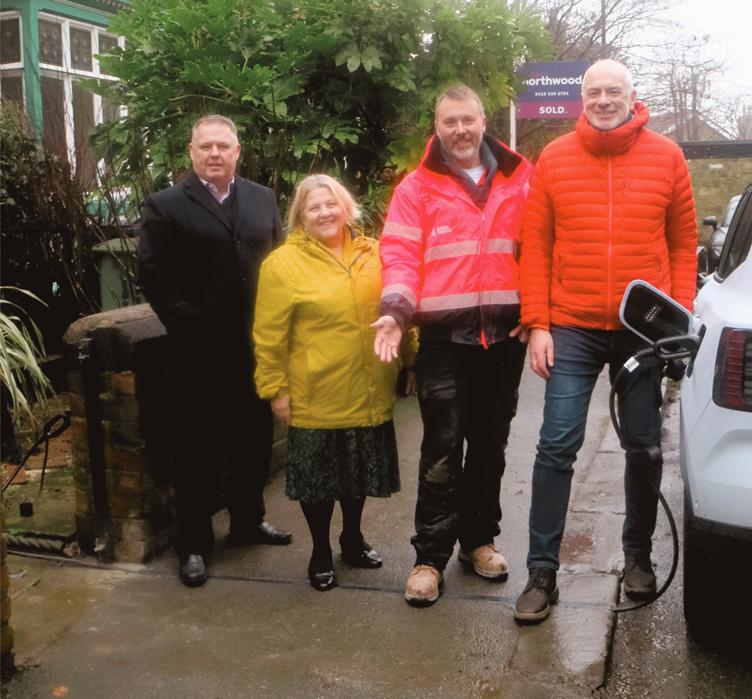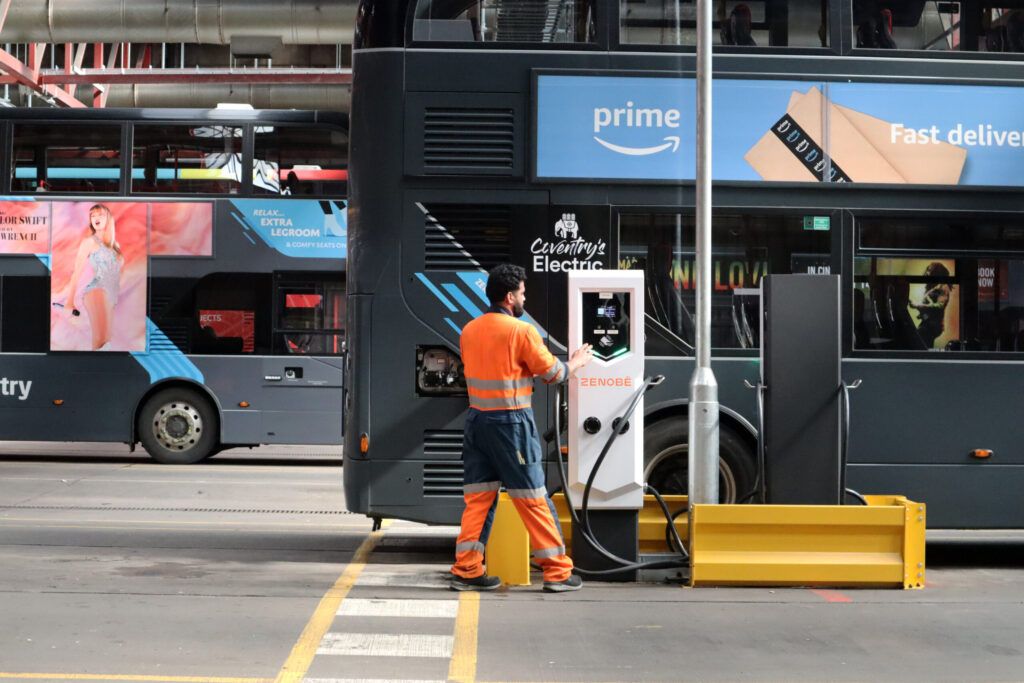Fleets will play an “absolutely essential” role in the decarbonisation of transportation, The Climate Group’s Dominic Phinn has told the Fleet Electrification Forum.
Highlighting the biggest barriers to the acceleration of the decarbonisation of fleets, Phinn said that although “people in the room will want to see the transition accelerate” the situation was “complicated”.
He said that fleet would play a “huge role” in the transition, and explained how The Climate Group, and its EV100 initiative, had been getting in front of the UK Government, and stating that EVs needed to be affordable, in quantity, and in the “volume and variety” required, as well as getting the charging infrastructure in place.
He said: “The role of fleets is absolutely essential to the transition. We want the UK to replicate what we are seeing in other countries across the world, including Japan and India. The ZEV Mandate has been a key area, which we have been active on.”
Phinn explained how the technology for road transport was “ready now” in a “way it isn’t in other sectors”, such as maritime or manufacturing.
He said: “This continues to be the case, and we see fleets continue to pioneer the use of technology” as the sector accelerates towards 2030 and wider net zero goals.
Phinn was also keen to add that “we need to see it now” and “we need to act really urgently”, due to the climate crisis.
He highlighted how 29% of greenhouse gas emissions were from domestic transport in 2023, and that cars alone were responsible for 14% of the UK’s total emissions, as well as heavy duty vehicles producing 20% of UK road transport emissions.
Phinn mentioned Openreach’s plans, which demonstrated the viability of EVs and associated technology, and also that by putting the vehicles on the road, it provides proof of concept.
But he said: “We reached the 1.5C threshold last year, and if we continue on the current trajectory, we are on course for 3.1C by the end of the century, which is catastrophic.”
Phinn also said how air quality was a big issue and a key reason for the transition, with 2.4 million people a year dying as a result of issues related to air pollution globally each year.
In terms of policy, he said that the quarter of new car sales being EVs now, was “fantastic to see”, and was “a far cry from where we were even five years ago”.
Yet despite progress on cost parity between EVs and ICE recently, he said more work needed to be done on larger vehicles, if were were to see continued progress.
In addition, a “comprehensive nationwide plan” was needed for charging infrastructure, whether it was public or private, and a “real need” for private investment into new technology that could assist with the transition.
He concluded by highlighting the need for collaboration both internally and externally for decarbonisation of fleets to be fully realised.
Phinn said: “There has been a lot of progress, I’ve been in the space for eight or nine years, and the progress has been fantastic. But we are starting to see pinchpoints, and much more is needed to continue to be a global example, which we are at the moment.
“Fleet needs certainty in order to ensure the transition.
“It is about integrating new conversations which haven’t existed before, such as questions around the grid and connectivity, and we have to continue that collaboration.”












